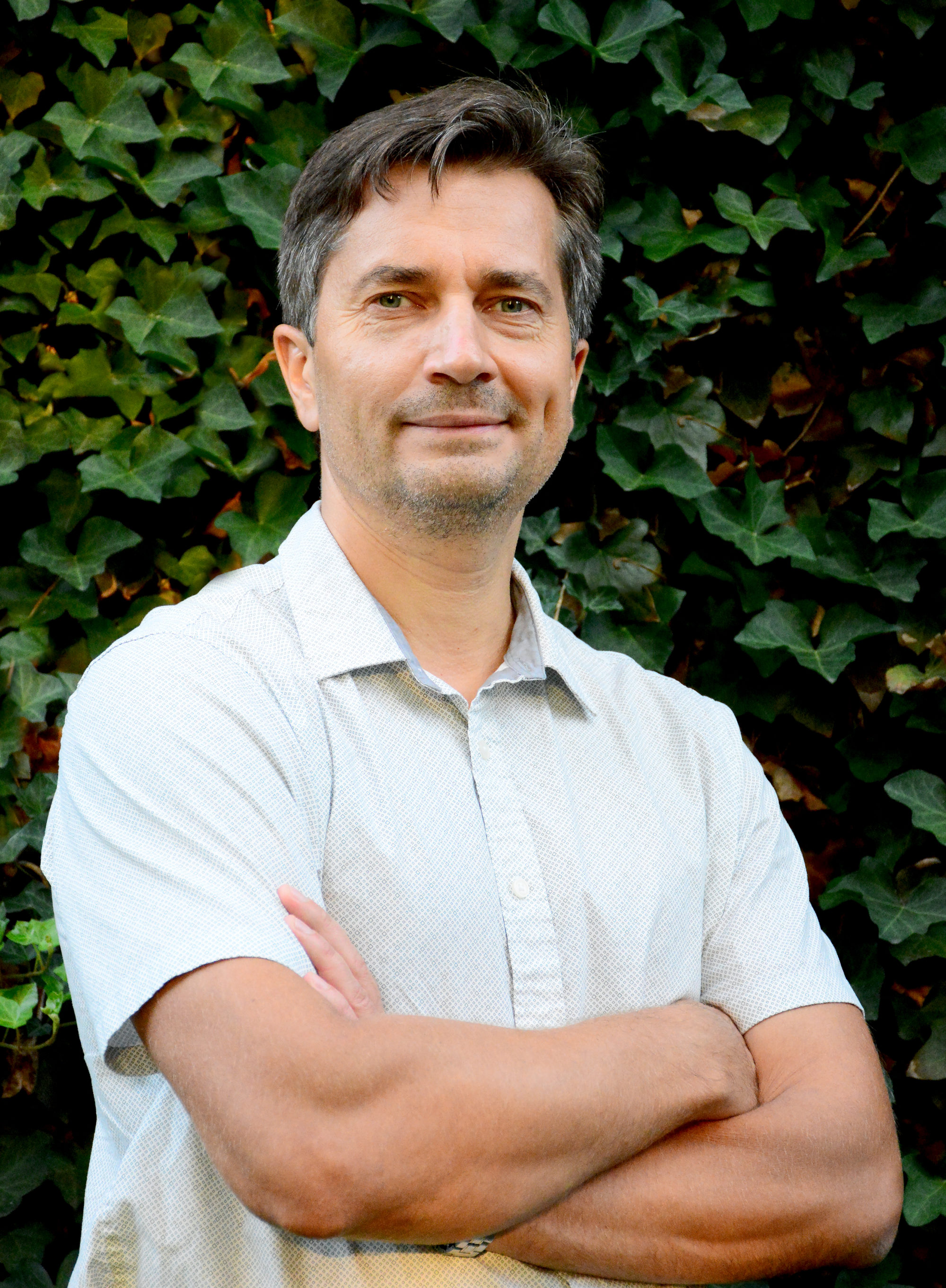Extracellular vesicles are small. Smaller than a millionth of a meter. But, they’ve recently become a big research topic among biologists, clinicians and biotechnologists. Extracellular vesicles, or EVs, are like nano-scale delivery trucks between cells, ferrying cargo from cell to cell in almost every biological fluid in the human body. They carry many vital cell components, including lipids, proteins, RNA, and metabolites. It’s believed that they can be released from many, if not all, cell types into physiological fluids, and they can shuttle biological information between cells.
Because EVs can do many things and carry many types of cargo, they aren’t all equal in purpose. It’s become clear that EVs are important players not only in healthy individuals, but also in pathological conditions such as cancer. Northeastern’s Professor Alexander Ivanov wants to know how we can learn more about these tiny delivery trucks and their diagnostic potential.
Currently, the study of EVs is based on the assumption that the creation and removal of EVs in cells and fluids happen at a steady state rate, determined mostly by the healthy/diseased status of the human they reside in. Ivanov and his colleagues beg to differ. Their recently published papers show that an incredible number of key traits of EV’s are not only affected by the method of blood collection, but also on the time of the day the blood samples were taken. Furthermore, how you isolate the EVs from the blood (i.e., liquid biopsy) or other physiological fluids may significantly alter the results of downstream molecular profiling studies and targeted assays, including diagnostic or prognostic tests.
“If our techniques for looking at EVs are affecting what we see in meaningful ways, it’s hard to know whether or not we’re going in the right direction,” – says Prof. Ivanov. Previous research has shown that during conditions like cancer, the number and types of EVs change, which alters the immune response of the host and the spread of tumors. Without good tools to isolate, study and understand EVs, it’s unlikely that we’d be able to clearly know their role in cancers. Indeed, Dr. Ivanov believes that “establishing biological and methodological baselines are absolutely vital for correctly comparing proteomics and glycomics data obtained in various studies, as well as interpreting the data obtained from patients’ samples.”
Recently, Dr. Ivanov and his colleagues received a five-year NIH NCI R01 grant totaling over 3 million dollars to understand these factors and other sources of variability in extracellular vesicles. This grant enables collaboration between unique, world-class experts that will be combined in challenging new ways. Dr. Ivanov has extensive expertise in MS, separation science, sample preparation, and high sensitivity proteomic technologies. The other principle investigator, Dr. Ghiran (Beth Israel Deaconess Medical Center) brings strong expertise in extracellular vesicle (EV) biology and immunology, complement biology, and the influence of circadian and diurnal rhythms on plasma extracellular vesicle number and composition. Collaboration with Dr. Jones (National Cancer Institute), brings expertise in cancer immunotherapy, EV biology and flow cytometry, encompassing the aspects of the projects related to cancer biology. The statistical and bioinformatics aspects of the study will be enabled by collaboration with Dr. Vitek (Northeastern), who is well known for her contributions in these areas, in particular for the development of algorithms for large-scale quantitative studies of biomolecular systems. “This funded program will allow us to bring the Barnett Institute and the Department of Chemistry and Chemical Biology into the new area of preclinical and clinical cancer-related research and the new era of personalized therapy and precision medicine applications,” said Dr. Ivanov about the grant.
The combined use of nano-flow cytometry, orthogonal EV isolation techniques, innovative sample, ultra-low flow separation techniques coupled to advanced MS and bioinformatics/ biostatistics analysis followed by proof-of-concept validation of biomedical significance of the findings and established methodological and biological baselines is the major objective of the proposed work. Such integration is highly challenging and requires a multi-faceted approach that assembles this team of experts in flow cytometry, proteomics, MS, biology and data analysis.
All of this collaboration will allow the team to identify reliable, robust, and reproducible methods for detailed characterization of extracellular vesicles isolated from blood of healthy people and cancer patients using proteomic, glycoproteomic, and nano-flow cytometry approaches to set the stage for future clinical and, possibly, EV-based therapy delivery applications. The research will hopefully offer unparalleled insight into the biology of extracellular vesicles and the discovery of biomarkers for diagnostic and prognostic purposes.
You can read more about Dr. Ivanov’s research on his website.

